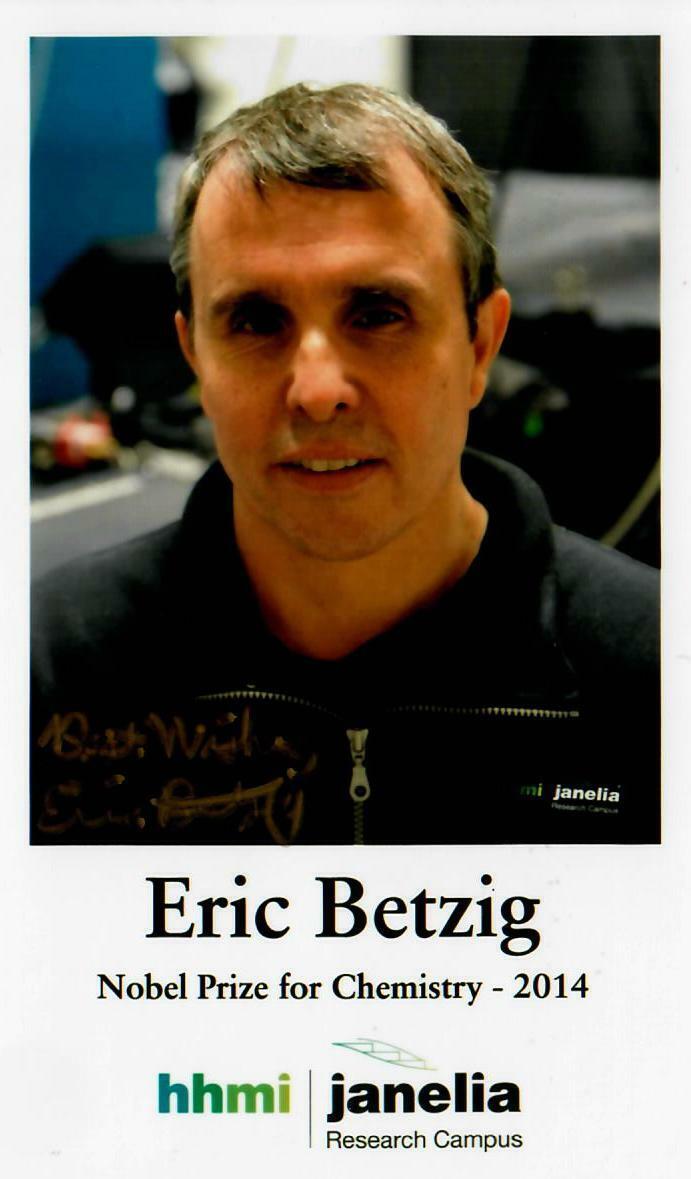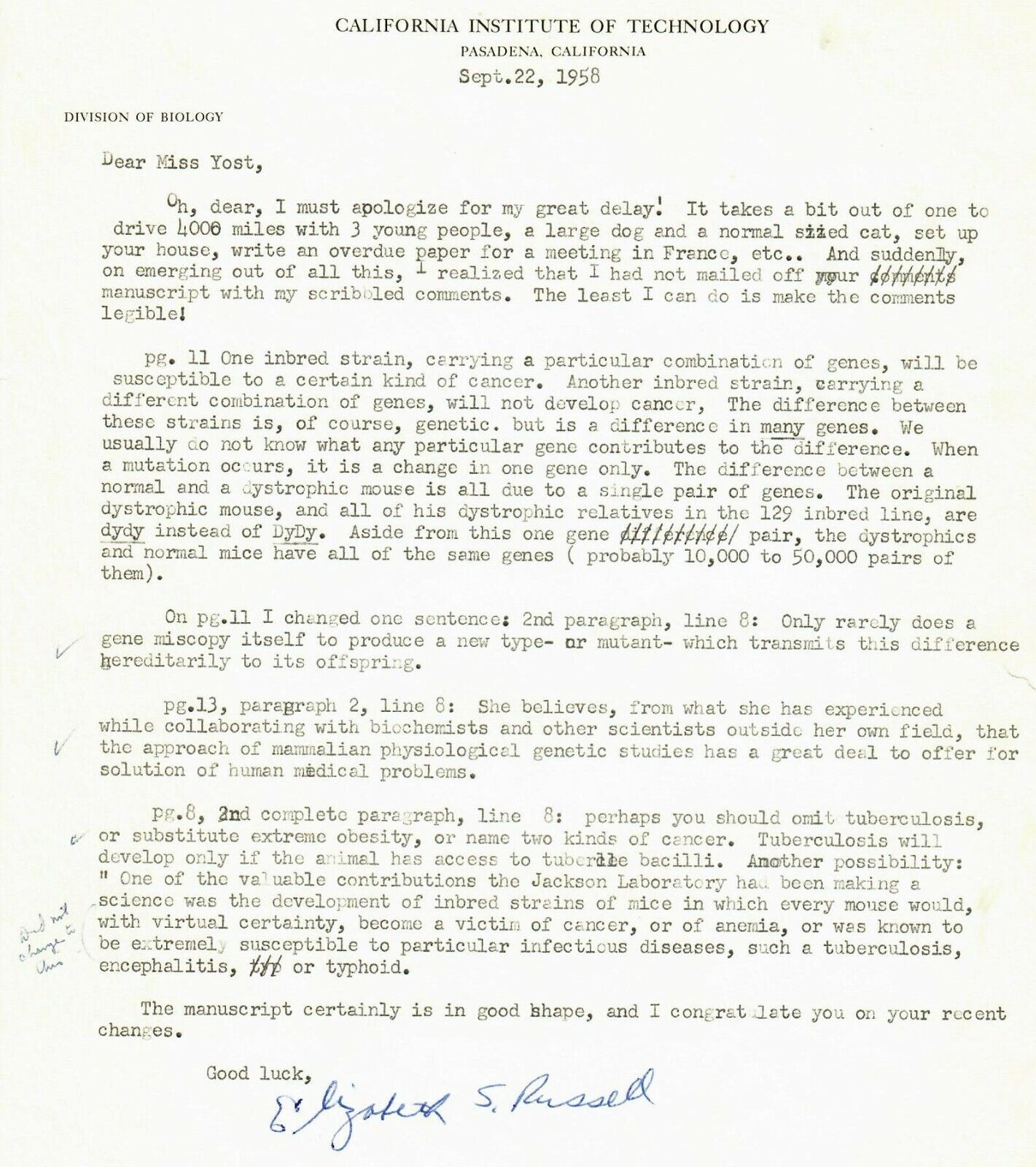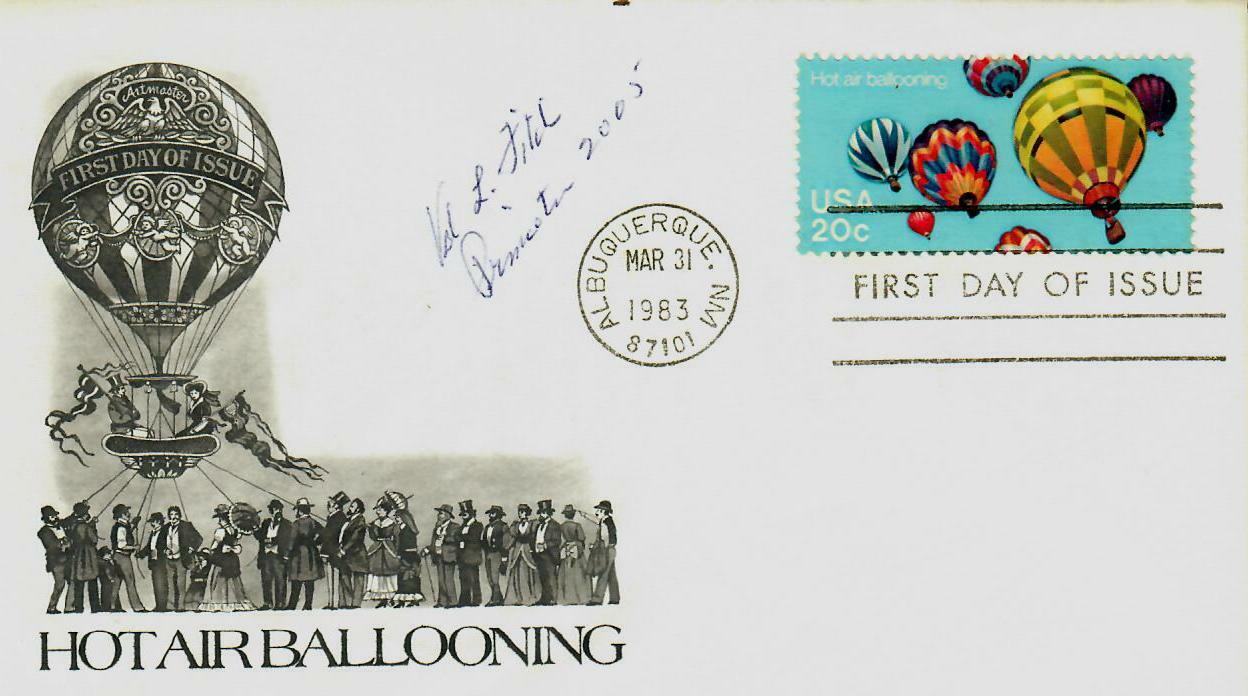-40%
"Nobel Prize in Chemistry" Eric Betzig Signed 4X6 Color Photo Todd Mueller COA
$ 52.79
- Description
- Size Guide
Description
Up for auction the"Nobel Prize in Chemistry" Eric Betzig Hand Signed 4X6 Color Photo.
This item is certified authentic by
Todd Mueller Autographs
and comes with their Certificate of Authenticity.
ES-7545E
Robert Eric Betzig
(born January 13, 1960) is an
American
physicist
who works as a professor of physics and professor of molecular and cell biology at the
University of California, Berkeley
. He is also a senior fellow at the
Janelia Farm Research Campus
in
Ashburn, Virginia
.
Betzig has worked to develop the field of
fluorescence microscopy
and
photoactivated localization microscopy
. He was awarded the 2014
Nobel Prize in Chemistry
for "the development of super-resolved fluorescence microscopy" along with
Stefan Hell
and fellow Cornell alumnus
William E. Moerner
.
Betzig was born in
Ann Arbor, Michigan
, in 1960, the son of Helen Betzig and engineer Robert Betzig. Aspiring to work in the aerospace industry, Betzig studied
physics
at the
California Institute of Technology
and graduated with a
BS
degree in 1983. He then went on to study at
Cornell University
where he was advised by Aaron Lewis and Michael Isaacson. There he obtained an
MS
degree and a
PhD
degree in
applied physics
and
engineering physics
in 1985 and 1988, respectively. For his PhD he focused on developing high-resolution optical microscopes that could see past the theoretical limit of .2 micrometers. After receiving his doctorate, Betzig was hired by
AT&T Bell Laboratories
in the Semiconductor Physics Research Department in 1989. That year Betzig's colleague, William E. Moerner, developed the first optical microscope that could see past the .2 micrometer limit, known as the
Abbe limit
, but it could only function at temperatures near
absolute zero
. Inspired by Moerner's research, Betzig became the first person to image individual fluorescent molecules at room temperature while determining their positions within less than .2 micrometers in 1993. For this he received the
William O. Baker Award for Initiatives in Research
(previously known as the National Academy of Sciences Award for Initiatives in Research). Betzig was also awarded the
William L. McMillan
Award in 1992.
[
In 1994, Betzig became frustrated with the academic community and the uncertainty of the corporate structure of Bell Laboratories, prompting him to leave both. He spent some years as a
stay-at-home dad
before reentering the workforce in 1996, when he took up the position of vice president of
research and development
at Ann Arbor Machine Company, which was owned by the Betzig family Here he developed Flexible Adaptive Servohydraulic Technology (FAST), but after spending millions of dollars on development he only sold two devices. In 2002, Betzig returned to the field of microscopy and founded New Millennium Research in
Okemos, Michigan
. Inspired by Mike Davidson's work with fluorescent proteins, he developed photoactivated localization microscopy (PALM), a method of controlling fluorescent proteins that used pulses of light to create images of a higher resolution than were previously thought possible. In the living room of his old Bell Labs collaborator Harald Hess, Betzig and Hess developed the first optical microscope based on this technology. They built their first prototype in under two months, earning them widespread attention. In October of that year, the
Howard Hughes Medical Institute
's
Janelia Farm Research Campus
hired him, but his lab was still under construction at the time.
In early 2006, he formally joined Janelia as a group leader to work on developing
super high-resolution fluorescence microscopy
techniques. He used this technique to study the division of cells in human embryos. In 2010, he was offered the
Max Delbruck Prize
, but he declined it and
Xiaowei Zhuang
received the award. In 2014, Betzig was jointly awarded the
Nobel Prize in Chemistry
along with
Stefan Hell
and
William E. Moerner
.
On May 31, 2016 he was appointed an Academician of the
Pontifical Academy of Sciences
by
Pope Francis
.










